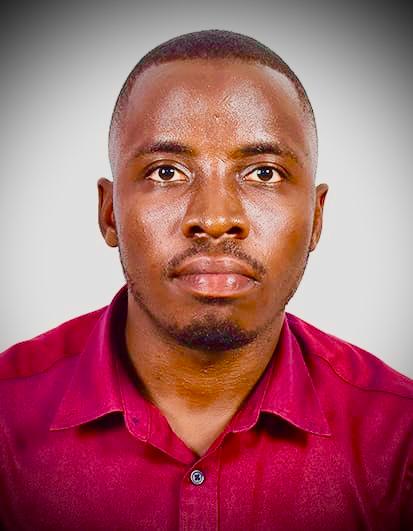Published
4 months agoon
By
Ugdiplomat
By Lukanga Samuel
We lucky people of Africa have tasted bad times, but we don’t let them upend our lives and we truly look forward to tomorrow.
There was a recent global survey, which included a number of African countries, on the people’s expectations of 2025. I was pleasantly surprised at the high levels of optimism found in this region.
I read claims that the optimism in Africa is because we’re clustered around, and riding on, SouthAfrica and its success. That brought out a wry smile in me, especially as Uganda, which scored only slightly higher than the global average, also scored the lowest among the African countries surveyed.
Kenya scored the highest, with 90% of Kenyans surveyed saying they’re optimistic about 2025. The other 10% must be Ugandans residing there! The Nigerians, the perennial sick man of West Africa, came very close behind, with Rwanda scoring highly too.
We Ugandans didn’t do too badly, with 82% expressing optimism for 2025. We scored much better than all the other developed countries surveyed, especially Japan where just 38% were optimistic.
I’m not surprised about the optimism. When I visited Pretoria years ago, the optimism of the South African people was palpable. Things then were still messy, many were still poor, corruption was still rampant, but people were still enthusiastic about the future.
As Martin Luther King famously quoted a slave preacher saying on hearing the Emancipation Proclamation for the first time: “Lord, we ain’t what we ought to be. We ain’t what we want to be. We ain’t what we gonna be. But, thank God, we ain’t what we was.”
Optimism is the feeling that things were bad but, regardless of the past, things will get better.
I had the dubious advantage of growing up like millions of Ugandans of my generation – poor and without much hope of things getting better. But through many factors, including luck, things did improve and, as late as it did, for my parents, too, before one passed on.
Most of us Ugandans are living a better life than our parents, unless they are billionaires or prime ministers. That we’re optimistic about the future means we expect our life, and those of our children, to continue to get even better.
However, in many highly-developed countries, such as western Europe and the US and Japan, it’s a case of the more you have today, the more you have to lose tomorrow.
The world around them looks hostile and covetous and angrily looking to flip the world order over. While they know they’re on top of the world order now, they also fear things are about to change for the worse.
Half of my immediate football friends now live in the west – enjoying, but also contributing to the society around them. But they all feel apprehensive about the future. Regardless of whatever politicians say about how great they are or how great they will make things again, the gut feeling is that those parts of the world have seen their best days.
History is full of stories of growth and decline of great powers, many of which lasted centuries, and in the Egyptians case, even millennia. The British empire itself lasted hundreds of years, and at its peak no other powers on earth could challenge it.
The current great power is the US, and has been so for over a century due to a few factors, such as its own political and business systems, its society’s openness to the world and crucially, the fact that its economic and political rivals destroyed themselves in the second world war.
But the US is looking tired and jaded beneath all the shouting and posturing. It’s beset by long-term problems that no number of billionaires or even trillionaires or populist politicians can fix. While it’s too powerful for any external enemy to destroy, it certainly looks capable of destroying itself from within. And if they go down, so would much of the world as we know it today.
In my past student life, I used to tell the comrades to enjoy the moment, and not to realise, only when they are old, how wonderful things are now. But many, being the inveterate complainers that Ugandans can be, are often too busy bitching and whining about things to appreciate the here and now.
Uganda isn’t perfect, and it’s a valid question whether we’re getting better or worse. But here our judgment is also very revealing about our attitude. The truth is, our attitude is the single biggest driver of our outlook on life.
The world shall remain jagged and broken – and the glass half full – for those who’re jagged and broken – and half full themselves, and vice versa.
So, as we enjoy 2025, don’t forget we Ugandans are some of the luckiest people on earth. We live within bountiful lands and waters, amid relative peace, with every confidence that life will get better.
We’ve tasted bad times, but we don’t let them upend our lives, and while not everything is brilliant, we truly look forward to tomorrow.
As for me, I think the second law of thermodynamics – that disorder grows over time – applies to human society too and I worry about the world that we’re yet to observe. But I call myself a Happy Pessimist, and for us Africans anyway, things will get better before they eventually get worse. Regardless of what happens, I’ll find something to make myself happy anyway.
On that happily pessimistic note, think happy thoughts, keep our chins up, and may we all, East Africa included, have a great 2025!
Lukanga Samuel
lukangasamuel55@gmail.com
+256 785717379
The writer is a social development enthusiast and an Ambassador of Humanity.
